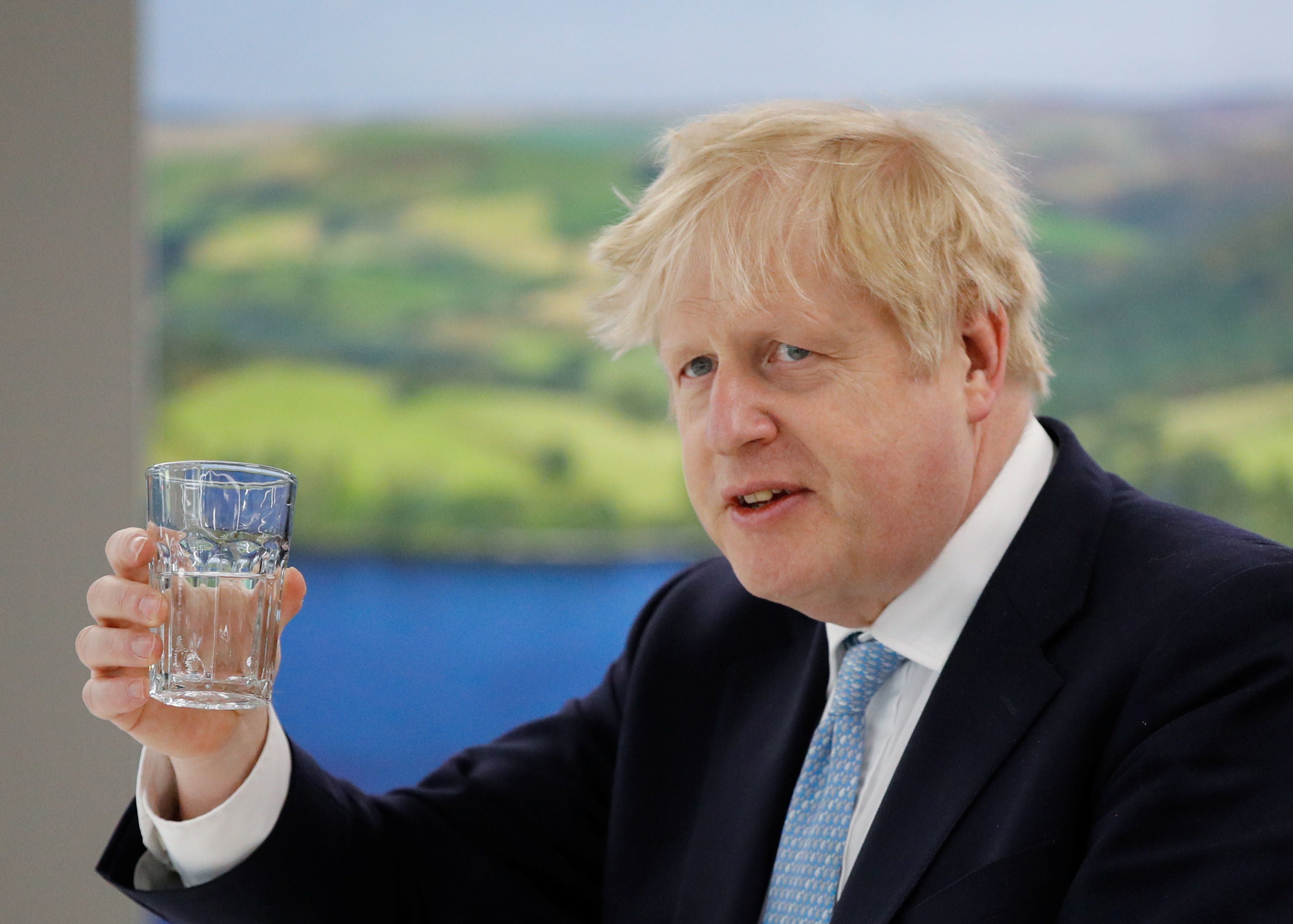The Tories shouldn’t get too carried away by their brilliant victory in Hartlepool
Red wall voters will want to see the headline-grabbing promises of money translate into tangible progress on the ground by the next general election, writes Andrew Grice


Boris Johnson is entitled to savour the moment after the Conservatives’ stunning victory in the Hartlepool by-election. But he and his party should not get carried away.
The result reflects unfinished business from the Brexit process, as many of the 10,600 voters who backed the Brexit Party in 2019 switched to the Tories, rather than a total vote of confidence in Johnson’s government.
For now, voters give the prime minister the benefit of the doubt over whether he will keep his promise to “level up” the country’s poorest regions. Government promises of extra money and civil service jobs for these regions come thick and fast. One factor in Hartlepool was “double Tory voting” for Ben Houchen, the popular mayor of Teeside credited with winning investment and jobs, as well as the party’s by-election candidate Jill Mortimer. One Labour insider said Hartlepool voters could not be blamed for a transactional decision to secure more money for their town.
The government’s “towns fund” was followed by the “levelling up” fund in the March Budget and ministers are thinking about going further. Grants are ruthlessly targeted on Tory-held seats in the north and Midlands. Labour is right to suspect “pork barrel politics” but wrong to moan about it; that is to walk into a Tory trap, as local voters see them opposing money for their areas.
However, great expectations are being aroused and red wall voters will want to see the headline-grabbing promises of money translate into tangible progress on the ground by the next general election. Research by the UK in a changing Europe suggests it will be harder for Johnson to satisfy the wider aspirations of Leave voters for which Brexit became a symbol.
Paula Sturridge, the think tank’s deputy director, said: “The Leave-voting coalition share priorities beyond Brexit that may be the basis for a longer-term alliance of voters that crosses the income divide. Their expectations of Brexit itself were modest, but their expectations and desire for a wider renewal of the national and local social fabric were much higher.”
Showering money on the red wall from Whitehall might have its limitations unless the power on how to spend it also devolved. Jim O’Neill, the former Treasury minister who is vice chair of the Northern Powerhouse Partnership of business and civic leaders, said decades of Westminster decision-making and underinvestment for areas outside the south east had left the UK as one of the most centralised and regionally imbalanced countries in Europe. “We need to find a way to re-engage the voters in left-behind areas, many of whom feel locked out of a political system that has ignored them for years,” he added.
Behind the scenes, there is a growing recognition among ministers and red wall Tory backbenchers that delivering the party’s vague 2019 manifesto pledge to “level up” is behind schedule. After the election, Johnson’s advisers admitted to me that they were staring at a blank page. But the government’s inevitable focus on coronavirus since means the page is still pretty bare. “No one in Whitehall knows what ‘levelling up’ means,” one Johnson ally told me.
The lack of progress and coherence prompted the creation this week of a No 10 Cabinet Office unit to draw up a white paper – and the appointment of the impressive Tory backbencher, Neil O’Brien – as Johnson’s adviser on the issue. Downing Street defined the mission for the first time, saying it meant “a regional economic policy; spreading opportunity across the country; improving the outputs and outcomes from public services; non-economic outcomes of improving ‘quality of life’ and pride in place.”
Tory MPs admit the need to close inequality gaps has been made even more urgent by the pandemic but fear Rishi Sunak does not share Johnson’s “spend, spend, spend” instincts and will not sanction the necessary investment. This goes to the heart of the Tories’ internal debate. The chancellor worries that the party will lose traditional supporters in its southern heartlands if it throws away its reputation for fiscal responsibility. The Hartlepool result will encourage Johnson to keep his focus firmly on the red wall. While some Tory backbenchers share Sunak’s concerns, they will tolerate Johnson’s largesse as long as he remains a winner.
But things will not always get better for Johnson in the red wall. It is remarkable that a party in power for 11 years managed to run a “time for change” campaign against Labour. But this message will have diminishing returns as the red wall turns even bluer.
That doesn’t mean working class voters in the north and Midlands are about to flock back into Labour’s arms; Labour seems badly out of tune with their values. But the Tories cannot risk repeating Labour’s historic mistake of taking them for granted.
Johnson, who admitted after his 2019 victory that red wall voters had only “lent him” their support, will have to deliver real change on the ground to retain them at the next election.
Join our commenting forum
Join thought-provoking conversations, follow other Independent readers and see their replies
Comments